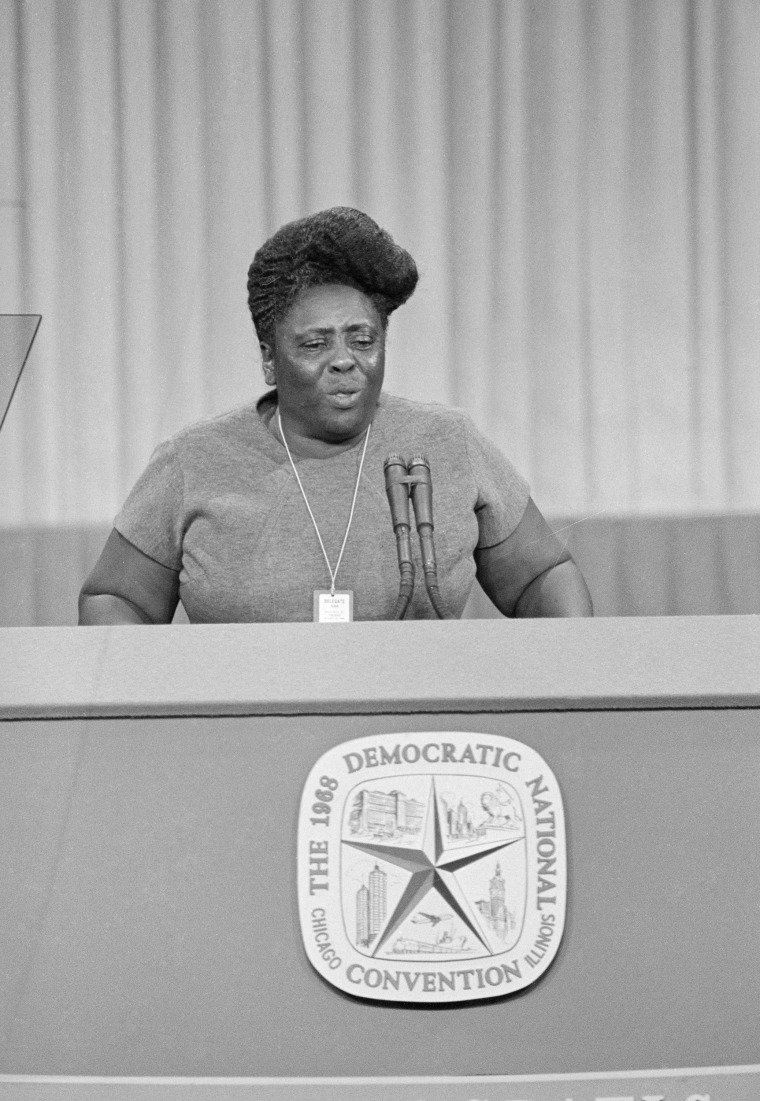We will never know the internal strength needed by Vice President Kamala Harris to preside over the official certification of her own electoral defeat. On the anniversary of a Capitol rampage perpetrated by fans of the 45th and now 47th president, Harris fulfilled her duties with grace and with dignity.
Difficult as it is, the Democrats in Congress have all acknowledged the results of the 2024 election. Many of the Republicans, on the other hand, who stood in the congressional chamber and applauded Harris’ quick and seamless certification never publicly accepted the legitimacy of President Joe Biden’s win.
On the anniversary of a Capitol rampage perpetrated by fans of the 45th and now 47th president, Harris fulfilled her duties with grace and with dignity.
I hope all the lawmakers in that room never forget what Jan. 6, 2021, felt like. We have moved past that travesty, but we should never remove the jarring memory of that day. Through this remembering we honor those injured both physically and psychologically and reaffirm our nation’s core values and the rule of law.
But it is not lost on me that Harris presided over the certification ceremony just two days after voting rights activist Fannie Lou Hamer received the Presidential Medal of Freedom posthumously at the White House.
Hamer’s image is seared into national history as a Black female civil rights warrior who boldly challenged the status quo by demanding that she and other activists be recognized at the 1964 Democratic National Convention as members of the integrated Mississippi Freedom Democratic Party. Hamer claimed that Mississippi’s official delegation was not legally representative because Blacks were systematically denied the right to vote. And she used her moment in the national spotlight to tell the delegates and all of America about the dangers voting rights activists faced in the land of the free and the home of the brave. Hamer had once said that her home state of Mississippi was “the land of the tree and the home of the grave,” referring to lynchings and other forms of racial violence.

Fannie Lou Hamer of Mississippi addresses the delegates in a fight over Alabama’s credentials at the Democratic National Convention in Chicago on Aug. 27, 1968.Bettmann Archive file
In June 1963 Hamer was brutally beaten in jail by law enforcement officers in Winona, Mississippi. Law enforcement officers forced Black prisoners in the jail to participate in Hamer’s assault. She almost died.
The violence was grotesquely harsh even by Jim Crow standards. Hamer was alternately battered by two Black prisoners, Roosevelt Knox and Sol Poe, who were reportedly ordered to strike Hamer or face a beating themselves. She was forced to lie face down as the two prisoners pummeled her with loaded blackjacks — police clubs filled at the ends with sand or metal pellets.
As Hamer drifted back into consciousness, she overheard the officers discussing the possibility of throwing her into the river.
Hamer never fully recovered. She partially lost sight in one eye, walked with a limp and suffered permanent and debilitating kidney damage that may have contributed to her death at age 59 in 1977.
While they are separated by more than half a century, these historic markers are directly connected to each other.
Both of these things — a Black woman presiding over the peaceful transfer of power and a Black woman beaten to within an inch of her life for trying to register Black voters — happened within my lifetime. And while they are separated by more than half a century, these historic markers are directly connected to each other. Together, they send a powerful message, especially to Democrats trying to find their way forward after a stinging defeat.
Part of the message is simple. Keep going. Fight to hold America up to her professed values. Hamer did not expect to see the change she was fighting for in her lifetime. But she was stubborn enough to believe in the rights spelled out under the Constitution. Stubborn enough to persist even after she almost lost everything, including her life
If you look very closely at the footage of Hamer speaking at the 1964 convention, you can hear the strength in her voice, but you can also see the physical wounds from that jailhouse beatdown.
Hamer’s strength, courage and persistence are worth noting in a country where voting rights are still challenged and voter turnout overall remains depressingly low. And they are worth noting because it is not ancient history.
Hamer was pushing for voting rights in the early ’60s at a time when only a tiny number of Black citizens in Mississippi were allowed to vote and when people who attempted to register had to have their names published in Mississippi newspapers for two consecutive weeks. That public declaration meant aspiring to exercise your constitutional right could lead to all kinds of retribution. Threats. Harassment. Job loss. Death.
Hamer faced many of those consequences. She lost work. So did her adopted daughter and her husband. The family had to live with friends whose homes were sometimes shot up and vandalized.
Though Hamer famously said she was “sick and tired of being sick and tired,” it is easy to see how she could have stepped away from her crusade to tend to her wounds or her marriage or her family. But she kept going. And she helped shove this country forward.
At the White House this weekend her niece Doris Hamer Richardson accepted the Medal of Freedom on her behalf. At the ceremony it was noted that Hamer reminded America that “no one is free until everyone is free.”
Two days later, Kamala Harris asserted that “America’s democracy is only as strong as our willingness to fight for it.”
The messages then and now are similar. Keep going. Keep fighting. We have learned that democracy is fragile. It is not guaranteed. And we also know this: Democracy at its best is a verb.



